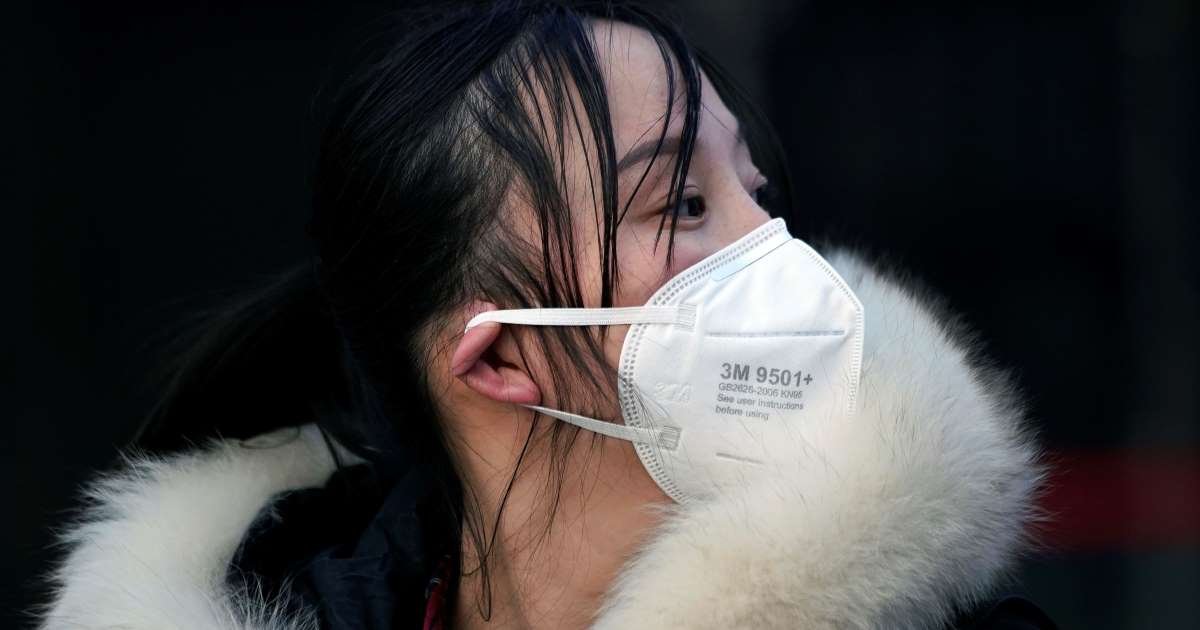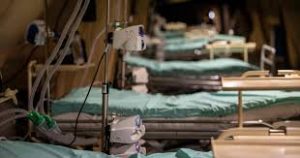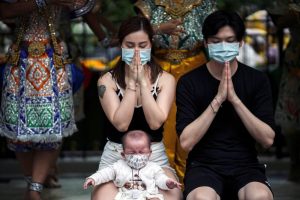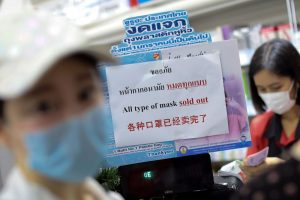An examiner who was in frequent contact with cadavers in Thailand has died after supposedly being contaminated by the virus from his/her subjects.
Scientists are projecting theories into which this could have been the world’s first such recorded case, and a letter was published by researchers in the Journal of Forensic and Legal Medicine that not only do we have to fear the leaving hosts of the virus, but from the dead ones also. The researchers’ work was published on March 20, and there were minimal cases of secondary infection and community infection, giving boost to the theory’s verification process. This would erase most options regarding whether he/she might have caught it elsewhere.
Won Sriwijitalai of the RVT Medical Center in Bangkok and Viroj Wiwanitkit of Dr DY Patil University in Pune, India has been spearheading the letter mentioned, and have warned others working as post mortem personnel. ‘At present, there is no data on the exact number of COVID-19 contaminated corpses,’ they were quick to annouce;
‘Nevertheless, infection control and universal precautions are necessary. Forensic professionals have to wear protective devices including a protective suit, gloves, goggles, cap and mask. The disinfection procedure used in operation rooms might be applied in pathology/forensic units too.’
The researchers were at goggles, admitting that ‘according to our best knowledge’ it is a novel case of such contagious spread, if it to be proven so. Thailand is currently stacking up 2,613 cases of coronavirus and 34 deaths, according to their disease control authorities.
The WHO, recently cut funds from President Trump, wants people to differentiate proven facts from theories, as the process of corona virus contagions are not understood in its fullest context as of now. At the moment, it is noted that ‘source and disease progression are not yet entirely clear’.
Similar theories have been proven to be correct in the past, as influenza virus is known to be infectious when the dead person’s lungs are touched by the coroner ‘if handled improperly during an autopsy’.
The WHO says that ‘levels of Ebola virus remain high after death’, which was the basis for the executive orders around the world for the carcasses to be buried swiftly and without delay. Most viruses ‘do not survive long in the human body after death’, according to the WHO, leaving space for more research and productive examination unto the Thai case as of now.
If you liked this article, please LIKE SHARE AND COMMENT below! And don’t forget to check our other articles along the way!
Replaced!





